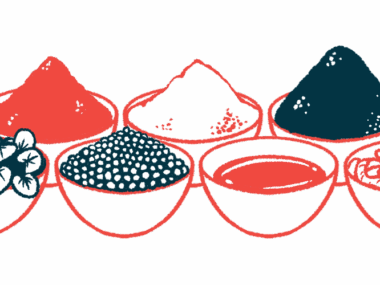We Must Water Ourselves as We Water Our Gardens
Written by |

It’s finally time to open the front windows. A slight breeze has arrived to cast the hot air far (I hope) into the east. With the opening of the windows comes the pulling back of the curtains, which means … LIGHT!
I love the daylight pouring in through the windows. It makes me feel happy. However, I haven’t been able to enjoy that pouring in of light, as the curtains are drawn most of the day to keep the heat at bay.
I can also now see and hear those who pass by. Tonight, three children caught my attention as they spotted the tall sunflowers in my front yard.
One of the boys in the group shouted enthusiastically, “Look at those pretty flowers!”
Another boy pointed as he looked at the sunflowers and exclaimed, “Look at those tall ones!”
It brought a smile to my face and made all the mosquito bites I got while watering in the evenings worth it. And all the scratches from various and assorted thorns that hide in my garden. And the hours and hours of pruning and weeding, and the sore back.
I have never had a watering system, other than a favorite sprinkler or my thumb on the end of the hose. I prefer those two methods, as it gives me the opportunity to chat with a neighbor while I water, listen to some encouraging music, and pray to myself in the silence of the early evening.
When I think about those boys who just rode by on their skateboards, I think about how many hours I have spent out in my garden this year watering, weeding, pruning, planting, and more. I think about how it might have looked if I hadn’t taken care of it.
The butterfly bushes would be stiff and dry and would not have fed all the swallowtails that frequented this summer. The weeds would have choked out the grass and taken over the roots of those I really wanted to grow.
We care for our gardens because we enjoy them. Our spirits are encouraged by tending our gardens, and many a problem has been solved while working in our yards on our hands and knees, our derrière smiling at the sun.
When we water our gardens, we are refreshed as well. We need to care for ourselves the way we care for our gardens.
Taking care of yourself when you have Parkinson’s (or any chronic disease) is more than medicating and exercising, although those are important.
As a garden thirsts, so do we. We need water daily and regularly to stay hydrated, ensuring our brains are also getting the water they so desperately need while living with Parkinson’s. And as we feed our plants the nutrients they need, we need to make sure we are getting the vitamins, food, and nutrients we may be lacking.
It was a fad at one time for people to talk to their plants. So, too, do we need to fill our minds with uplifting “self-talk.” For example, reading and memorizing encouraging quotes such as:
“You is kind. You is smart. You is important.” — Kathryn Stockett, “The Help”
“I’m not scared to be seen/ I make no apologies, this is me.” — “This Is Me” from “The Greatest Showman”
“The things that make me different are the things that make me, me.” — Piglet, “Sing a Song With Pooh Bear”
Smile deliberately to break the stone face. While we are under the “new” mask (the COVID-19 mask), stick out your tongue at others when you walk by them. This is a guaranteed smile.
Listen to uplifting music, then dance! Even sunflowers let the early evening breeze move them and sway.
What is good for your garden most likely will be good for you.
***
Note: Parkinson’s News Today is strictly a news and information website about the disease. It does not provide medical advice, diagnosis or treatment. This content is not intended to be a substitute for professional medical advice, diagnosis, or treatment. Always seek the advice of your physician or another qualified health provider with any questions you may have regarding a medical condition. Never disregard professional medical advice or delay in seeking it because of something you have read on this website. The opinions expressed in this column are not those of Parkinson’s News Today or its parent company, Bionews, and are intended to spark discussion about issues pertaining to Parkinson’s disease.






Leave a comment
Fill in the required fields to post. Your email address will not be published.